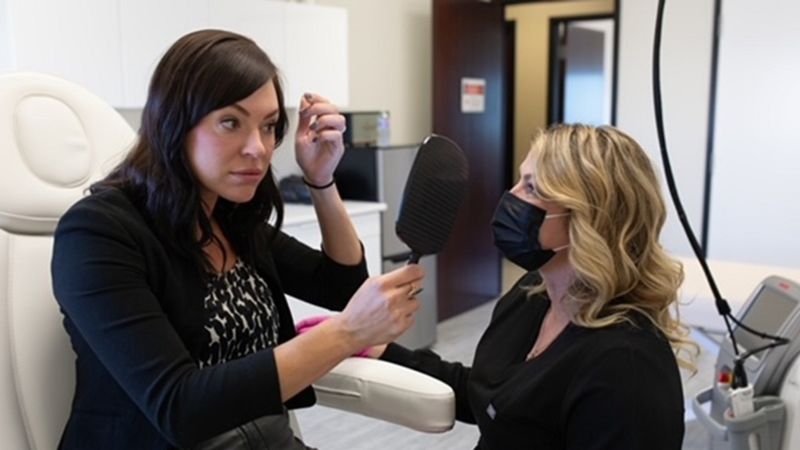
Without treatment people still dying of HIV
With novel medication and treatment, the new refrain of health care professionals is that HIV is not a death sentence anymore.
Or at least it shouldn’t be.
“A lot of people feel that it’s a death sentence, unfortunately, which is part of one of the messages we want to get out, which is that there’s effective treatment. In 2011 there is no reason why someone who is HIV positive should die,” said Dr. Stuart Skinner, a clinical director of the province’s leadership team on HIV.
In Saskatchewan, however, HIV is having a greater toll then it should. According to statistics provided to AIDS Saskatoon there were 22 AIDS-related deaths in that city alone between January and the end of August 2011.


